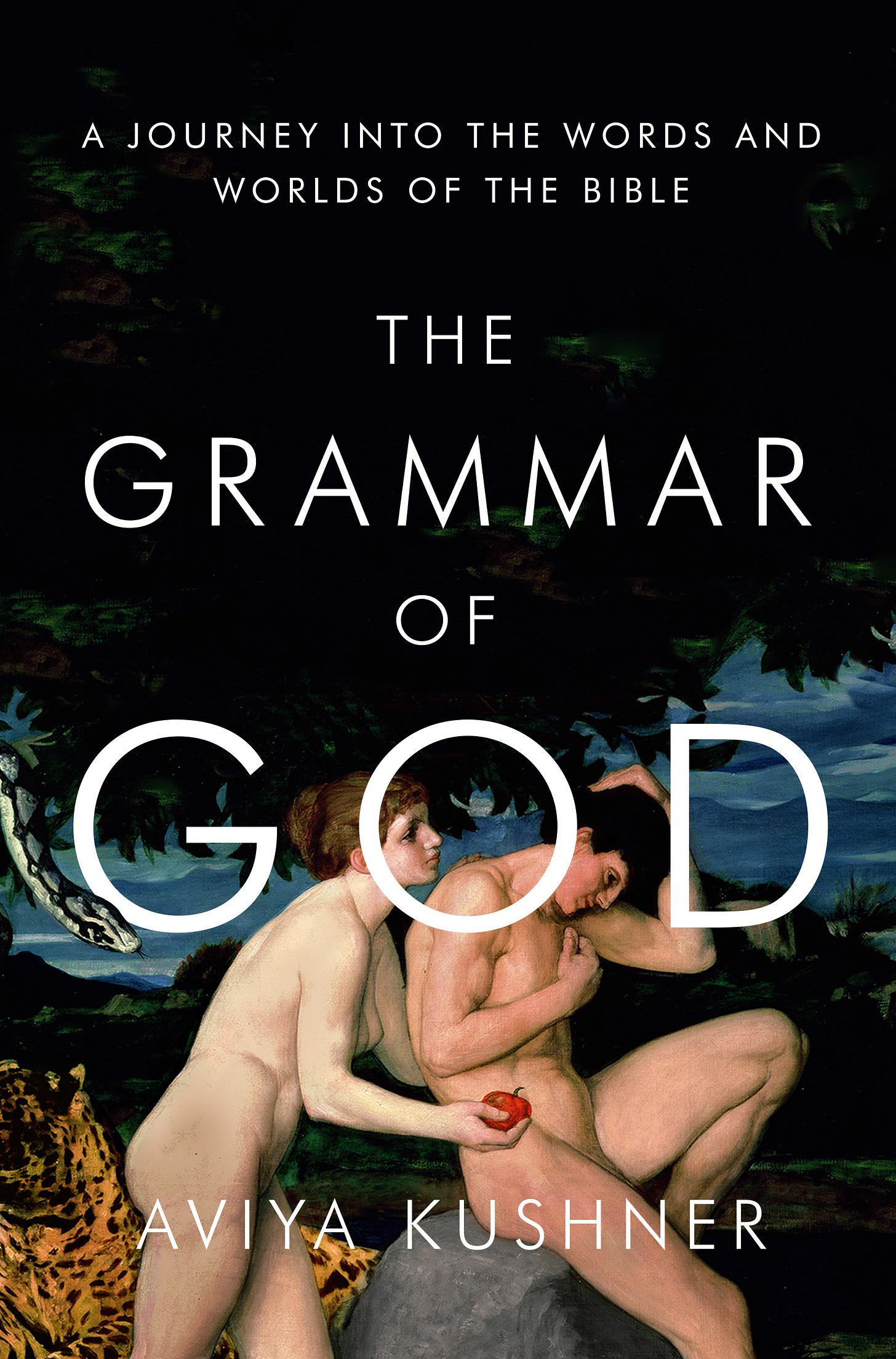As Yom HaShoah, or Holocaust Memorial Day, comes to a close, and as day turns to dusk, I find myself baking apples and thinking: “What is there to say, this year?”
The headlines speak for themselves.
I turn again to poetry. Usually, I go to Paul Celan and Dan Pagis, but over the past 24 hours I have been sitting with a poem I came across by chance, online, by Lisa Grunberger. This happens to be the first poem of hers I have ever read. I have a feeling you, too, will be grateful to discover this poem.
Grunberger lives in Philadelphia and is a professor at Temple University. Her award-winning collections are I am dirty (Moonstone Press) and Born Knowing (Finishing Line Press); both reflect on her life as a daughter of Holocaust survivors. This poem “Born Knowing” appears in her newest collection For the Future of Girls (Kelsay Press, 2023).
I felt it captured the sentiment many of us have of being born knowing what happened and could happen. It also captures the sense of an ordinary evening, or an ordinary night, which cannot be ordinary because of the weight of history.
The poem moves through countries and eras and languages. But what makes this poem is the end. I recommend taking your time getting there.
Born Knowing
My Father fixes clocks in the basement,
my Mother watches TV upstairs.
My Oma’s door is always closed.
I imagine she sits on the mint green chair
knitting or reading Goethe. On Saturday
she watches Lawrence Welk.
I sit at the kitchen table doing homework––
Iroquois Indians, algebra, Pride and Prejudice.
I taste the frozen cups of Weight Watcher’s
Butter Pecan ice treat buried underneath
supermarket chicken breasts and blue ice packs.
It tastes synthetic, its icy granules refuse
to melt in my adolescent mouth.
Sometimes Daddy comes up
and cuts himself a piece of smelly cheese
or pulls out a bar of Cadbury Milk Chocolate
and breaks off a piece for me.
Mom comes down in her pink slippers then,
during a break for commercials; she chases
a cricket whose chirping makes her nervous,
like a ticking clock does or water dripping.
She cuts a grapefruit into eight wedges and
places it in a bowl atop a Bounty paper towel
with another towel in hand to collect the juice.
She goes upstairs.
Between 1 and 4 in the morning the house
holds my Oma’s screams. I don’t remember
asking my Mother the why or what of these cries.
I was born knowing about Buchenwald,
my Opa Leo who died of tuberculosis in a labor camp.
I knew how on the illegal ship to Palestine
my beanpole Dad ate raw potatoes and onions like apples.
Every morning I come down the stairs to find Oma
dressed in stockings and shoes, a silk blouse and tweed skirt,
drinking schwartz café––black coffee, facing the sun, looking
out at the bay. Never once did I think to ask her of what
she dreamed. But sometimes, when I was very young,
I would go to her, sit at the edge of her bed that
smelled of over-ripe fruit, yarn and Nivea cream,
and press my small hand to her forehead,
wet with Hitler’s sweat.
***********************************************************************************
The Silence
What to say after that last line?
This poem reminded me of a colleague of mine, a filmmaker, who once told me that every night of his childhood, his father—who had escaped Nazi Germany as a teenager—used to scream from his nightmares. Every single night.
What is writing but a scream?
Every year on Yom Hashoah, I share an essay I wrote about my grandfather, the only survivor of his entire family. This became the last chapter in my first book, The Grammar of God. The essay first appeared in The Common.
It was a very hard piece to write. Here it is, without comment, because this year, I can imagine what my grandfather saw, with greater clarity.
The Return | The Common (thecommononline.org)
*************************************************************************************************
I hope this newsletter was meaningful. Thank you for your support of writing with depth.






Despondently moving
Chilling poem indeed. And beautiful essay, roomie! I will reread the Grammar of God when I get home. Strangely, I am reading this in Amsterdam at the apartment we have rented across from the Jewish Historical Museum and the Holocaust monument of names. Sending love.